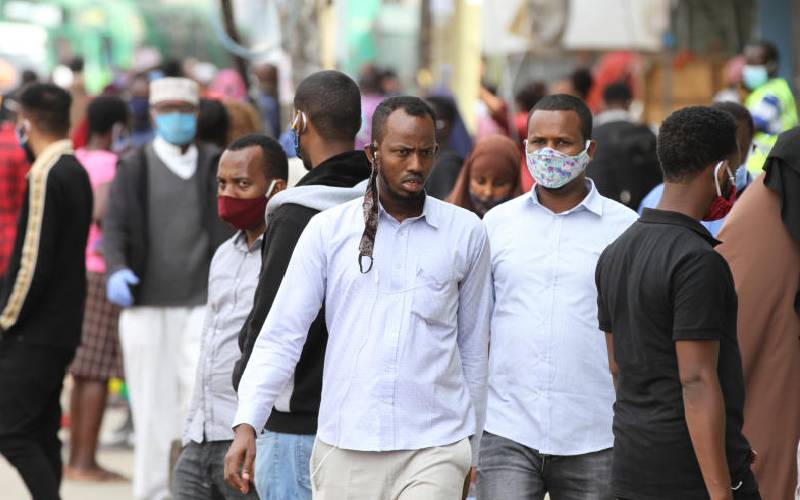
Many people have friends, relatives or persons who depend on them. Dependence is not a bad thing as long as the person in need has justifiable reasons. People who have been ravaged by floods, for example, will be dependent on good Samaritans until they pick up the pieces of their lives.
Evaluating the way Kenya has responded to the Covid-19 pandemic, one is inclined to think we are a dependent nation. We have two action spaces. The local sovereign state space where we have full independence to decide and act the way we want and the international space where we are interdependent. However, on Covid-19 response, saying we are interdependent is an overstatement.